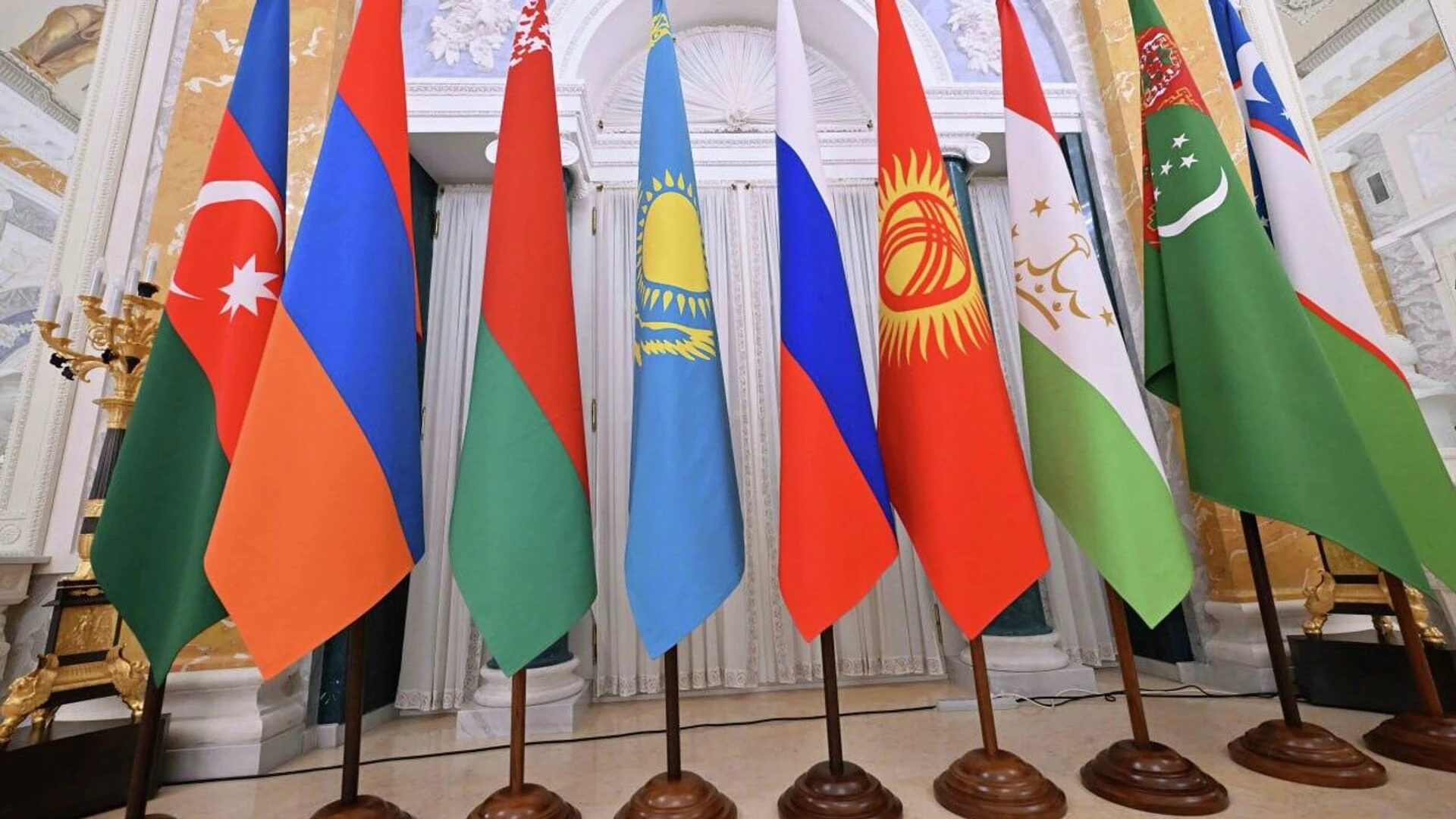3.69 BYN
3.00 BYN
3.49 BYN
Igor Nazaruk: CIS Becomes Center of Attraction amid Global Challenges

At a meeting of the CIS Heads of Government Council in Minsk, Igor Nazaruk, Permanent Plenipotentiary Representative of Belarus to the statutory and other bodies of the Commonwealth of Independent States, spoke about the growing role of the CIS on the global stage, prospects for cooperation with the EAEU, and efforts to remove barriers to trade and cooperation.
He emphasized the Commonwealth's openness to new partners and the importance of integration processes in the context of global change.
Igor Nazaruk noted that, as poles on the global political map are being reshaped, the CIS is becoming an important center of attraction for external partners.
"The Commonwealth comprises 11 states, and despite the fact that Ukraine and Moldova have suspended or limited their participation, the doors remain open to all," he emphasized.
Georgia, for example, continues to participate in the free trade agreement, and the CIS is ready to cooperate with any countries interested in integration.
The Commonwealth's role is growing amid global challenges such as sanctions pressure and cross-border restrictions. To attract new partners, the CIS has transformed its legal framework by introducing the institutions of observer and partner.
"Our Kazakh friends have initiated the CIS+ format, which allows for the participation of not only member countries but also heads of international organizations or heads of state on a temporary basis," said Igor Nazaruk.
This format demonstrates growing interest in the Commonwealth and its openness to new forms of interaction.
One of the key topics at the Minsk meeting was removing barriers to trade and economic cooperation. According to Igor Nazaruk, this work began at Belarus's initiative several years ago. A high-level group has been established to regularly review complaints from both bilateral and multilateral parties.
"We analyze issues, undertake homework, and implement them. It's important not only to remove barriers but also to prevent their emergence in the first place, so that neither producers nor consumers suffer," he noted.
This approach allows for the identification of flexible solutions that take into account the interests of all parties.
Speaking about the CIS's interaction with the Eurasian Economic Union (EAEU), Igor Nazaruk called the latter the Commonwealth's "internal structure." The EAEU comprises five countries, as well as observer states—Cuba, Moldova, and Uzbekistan—with whom active cooperation has been established.
"Many issues discussed in the CIS are continued in the EAEU, where they are fine-tuned to take into account regional or broader interests," he explained.
This synergy allows for deeper integration and the resolution of challenges related to economic development and the removal of barriers.















